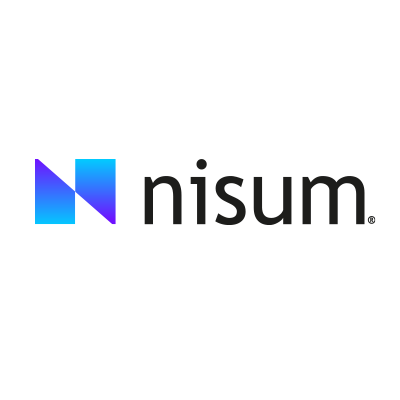 Picture credit: Canva
Picture credit: Canva
Thriving in a Digital-First Era
In today’s digital-first world, transformation isn’t optional, it’s essential.
By 2025, rapid and effective digital changes will be even more critical as consumer behaviors shift and market demands evolve.
Businesses that adapt quickly will stay ahead. Those that don’t risk falling behind.
Recent years have seen companies embrace cloud computing, data analytics, and artificial intelligence (AI). The next wave will demand even bolder changes.
Below are nine technology trends shaping digital transformation in 2025.
1. Generative AI
Generative AI (GenAI) is transforming how businesses operate. It can:
- Automate content creation
- Design personalized marketing campaigns
- Improve customer service
- Inspire innovative product designs
Benefits:
- Boosts creativity
- Cuts operational costs
- Creates tailored customer experiences
- Delivers a competitive advantage
2. Hybrid Cloud With AI Integration
A hybrid cloud combines public and private cloud solutions for adaptability, speed, and security. Adding AI and machine learning (ML) makes it even more powerful.
Key benefits:
- Better decisions: AI analyzes large datasets in real time for faster, data-driven choices.
- Higher efficiency: Automated workflows reduce manual tasks and errors.
- Scalability: Resources adjust automatically to demand, lowering costs.
- Stronger security: AI detects and responds to threats faster.
3. Predictive Analytics
Predictive analytics uses machine learning to understand growth patterns and buyer behavior.
This helps you
- Anticipate market shifts
- Make smarter decisions
- Reduce risks before they happen
4. Hybrid Cloud With AI Integration Business Model
Beyond infrastructure, hybrid cloud plus AI becomes a business model. Blending public and private clouds enables new services and governance that meet customer and regulatory needs.
Business-model impacts:
- Faster product innovation with managed cloud services
- Better cost governance across environments
- New revenue streams via managed, AI-enhanced services (for example, analytics-as-a-service)
- Stronger compliance and control for sensitive workloads
5. XaaS Model
The XaaS model delivers capabilities as services—software, infrastructure, and more. IoT and AI drive richer, analytics-infused offerings.
Why it matters: faster time-to-market, flexible pricing, and easier customer adoption.
6. Cybersecurity
Cyber threats are rising. Security must be proactive and AI-assisted.
Best moves:
- Use AI for continuous threat detection
- Automate incident response and patching
- Test and update security controls regularly
7. User and Data Privacy
Customers expect data to be used transparently and securely.
Essential steps:
- Be clear about how you use data
- Limit access and encrypt sensitive information
- Comply with privacy laws and document controls
8. Omnichannel Retailing and Customized Shopping Experience
Use real-time and integrated data to deliver seamless, personalized shopping across channels.
Customer wins: consistent experiences, tailored offers, and secure checkout at every touchpoint.
9. Automation
Automation supports contactless interactions and speeds operations.
Typical uses: chatbots, self-service flows, automated back-office processes.
Result: faster service, fewer errors, and better customer experience.
These nine solutions should be part of your strategy for digital transformation in 2025. Nisum builds applications that help teams deliver faster and keep customers satisfied. If you want, I can:
- Run a readability check (Hemingway/SMUSH-style) and target a SEMrush-friendly reading score, or
- Rewrite the article into an HTML-ready version that keeps your keywords and improves on-page structure (H1/H2s, meta description, alt text suggestions), or
- Rewrite the article with a specific tone: more technical, more sales-focused, or more executive-level.
At Nisum we build applications that help you serve your customers better and faster. Organizations of all industries and sizes recognize that their application portfolios are a key driver in achieving and maintaining a competitive advantage.
Our industry-leading practices, processes, and tools allow us to deliver quality technology efficiently, keeping you on the cutting edge and optimizing your time to market.
To learn more about our services, and how we can support your digital transformation initiatives, contact us.



